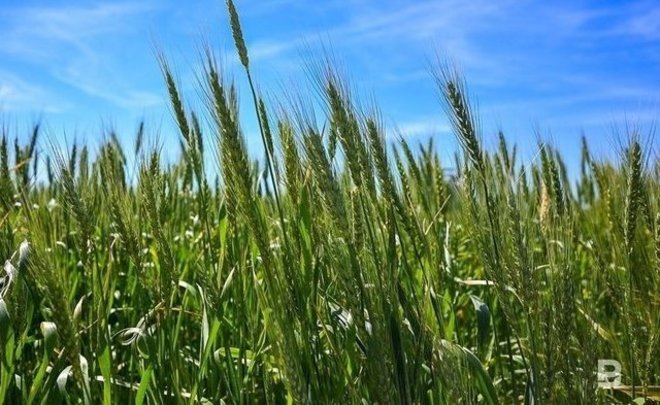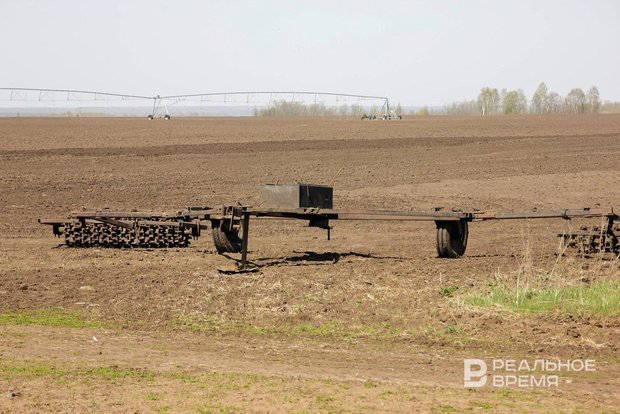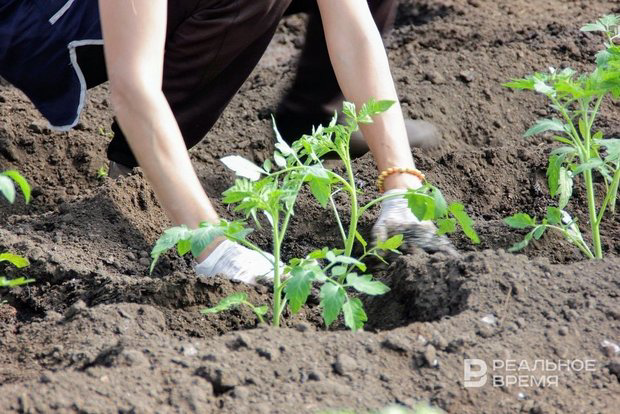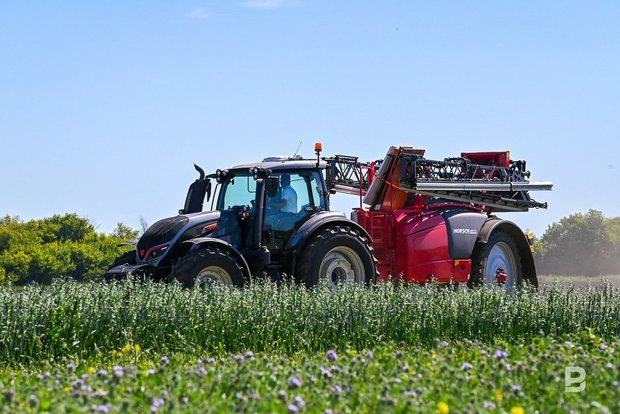'The soil is dried out': how dry September will influence Tatarstan’s agriculture
Experts are explaining what weather we should be preparing for

September continues breaking temperature records: the weather in the republic is very warm and dry. As Professor of the Department of Meteorology, Climatology and Air Environment of the Institute of Ecology and Nature Use at Kazan Federal University Yury Perevedentsev says, such weather has a negative impact on the soil, rivers and, of course, regional agriculture. According to head of the Tatarstan Association of Farmers and Private Households Kamiyar Baytemirov, the problem is that agriculturists got used to rains in September. Read more about it in Realnoe Vremya’s report.
Forecasts exceeded all expectations
As Yury Perevedentsev explained in a talk with our newspaper, September turned out to be very hot and dry, which is the most unpleasant situation. According to Kazan’s meteorological station, there has been just around 9-10 mm of precipitation. In percentage terms, this indicator accounts for 20% of the average.
“This is too little. While the temperature has always been 4-5 degrees above the climatic average. According to years long observations, the temperature should be some 9 degrees. This is happening because there is a blocking anticyclone has been in the European part of Russia in late September, there are no clouds, there is still a lot of radiation.
“This is why it turns out that there was set a record-high temperature a few days ago. All this is determined by one factor — the prevalence of a powerful anticyclone. There are almost no clouds, daytime temperatures reach 25 degrees, while at night it goes down to 12 degrees,” Perevedentsev commented on the situation.

He specified that it doesn’t rain amid anticyclones and all precipitation passes by. There is a lot of precipitation in the north of the country, but there is none in Tatarstan. The professor stressed that agriculture needs it very much because winter crops are starting to be cultivated, fields need to be tamed whereas the soil is dried out.”
As Perevedentsev says, the summer drought also played a role. There was little precipitation during this period, now September also has turned out to be dry and hot.

“We should get used to changes in weather conditions”
Head of the Tatarstan Association of Farmers and Private Households Kamiyar Baytemirov thinks the problem is that agriculturists got used to rains in September and humid soil. This is why agriculturists should get used to changes in weather conditions, they should start planning their work differently.

As Tatarstan Minister of Agriculture Marat Zyabbarov said in early September Z the republic nearly finished grain harvest collection. 1,417 million hectares were tamed as of 5 September, or 98% of the area. The region’s warehouses received 3,662 million tonnes of grain.
At the same time, field works are still underway. The minister says that households still need to collect 28,800 hectares of maize. The collection of this crop for forage began in almost all the districts — 38,000 ha, or 25%, have been harvested, Zyabbarov added.
Also, regional households have collected 13,800 tonnes of potato and 5,500 tonnes of vegetables.